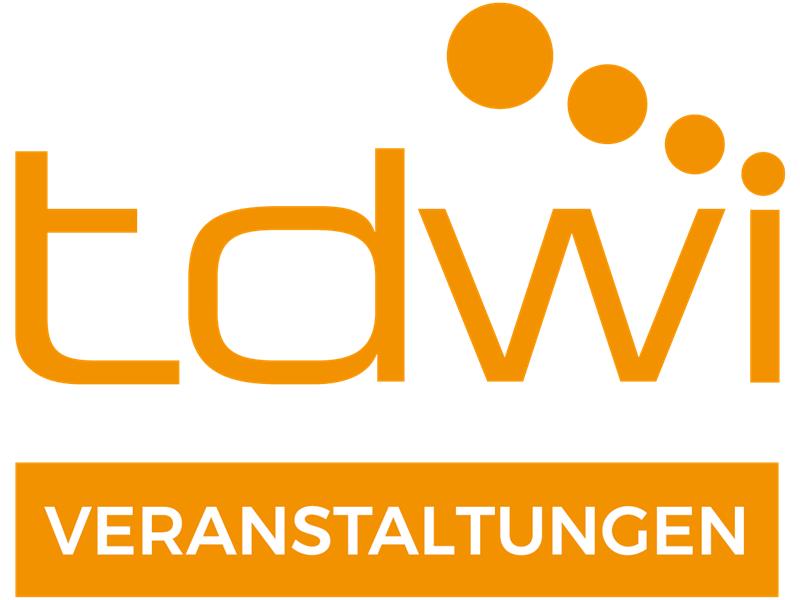
Please note:
On this site, there is only displayed the English speaking sessions of the TDWI München digital. You can find all conference sessions, including the German speaking ones, here.
The times given in the conference program of TDWI München digital correspond to Central European Time (CET).
By clicking on "EVENT MERKEN" within the lecture descriptions you can arrange your own schedule. You can view your schedule at any time using the icon in the upper right corner.
Track: #Advanced Analytics & AI
- Montag
20.06. - Dienstag
21.06.
What does it take to operationalize machine learning and AI in an enterprise setting? This seems easy but it is difficult. Vendors say that you only need smart people, some tools, and some data. The reality is that to go from the environment needed to build ML applications to a stable production environment in an enterprise is a long journey. This session describes the nature of ML and AI applications, explains important operations concepts, and offers advice for anyone trying to build and…
Künstliche Intelligenz ist schon längst dem Pionierzeitalter entwachsen. Doch um mit dem Einsatz von KI einen echten Mehrwert für das Unternehmen zu schaffen, kommt es auf die qualitativ hochwertige Bereitstellung von Daten an. Hier kommt ML Engineering ins Spiel - ein Konzept zur Bewältigung der hohen Komplexität von Daten bei der Entwicklung von KI-Systemen. Im Vortrag wird eine ML Engineering Roadmap vorgestellt, mit der dieses häufig unterschätzte und doch so kritische Konzept erfolgreich…
As the data mesh paradigm takes the industry by storm, the conversation deep dives into the architecture, neglecting the socio-organizational element. Data driven organizations must invest not only in infrastructure but also data organization and culture.
Target Audience: Executive, senior business managers
Prerequisites: None
Level: Basic
The real magic of AI lays in well managed data to build and train the underlying models. Accordingly, streamlined data management process are essential for success in AI. In this session we are going to discuss data management for AI and ask questions like 'What is data management for AI?', 'Are there difference to well-known approaches from BI & Analytics' and 'Do we need special AI data engineers?'.
TDWI Community Talk is an open format to discuss current topics in the area of data analytics…
Machine learning and AI have changed the world of data processing and automation at a breathtaking pace, at the cost of turning algorithms into hard-to-control and monitor black boxes.
We present methods and concepts of explainable AI that aim to open the black box and tame these algorithms.
Target Audience: Decision-Makers/Stake Holders in AI & model development, Data Scientists
Prerequisites: general awareness of modeling pipeline and challenges, no coding/math skill required
Level: Basic
Natural Language Processing (NLP) allows us to deeply understand and derive insights from language, ultimately leading to more automated processes, lower costs, and data-driven business decisions.
Google is recognized as a market leader in AI and has built a range of solutions incorporating NLP to address a myriad of business challenges. This talk will introduce a few possible solutions, as well as some business use cases on how to incorporate them in a variety of industries.
Target Audience: M…
This session introduces AI-driven automation and looks at the building blocks needed to automate operational tasks and decisions.
It discusses ground-breaking innovation that opens up the next stage in data and analytics for the data driven enterprise. It provides key information on how to use data, analytics and AI to automate decisions to significantly shorten time to reduce costs, reduce risks and seize opportunities to grow revenue.
Target Audience: Chief Analytics Officer, Chief Data…
Got great ML, analytics, and engineering talent, but need to increase the adoption of the ML and analytics solutions your team produces? Wondering how to design decision support applications and data products that actually get used and generate business value? If you're tired of making 'technically right, effectively wrong' data products that don't get used, this session will help!
Before you can generate business value, your data product first has to be used and adopted. That success boils…

